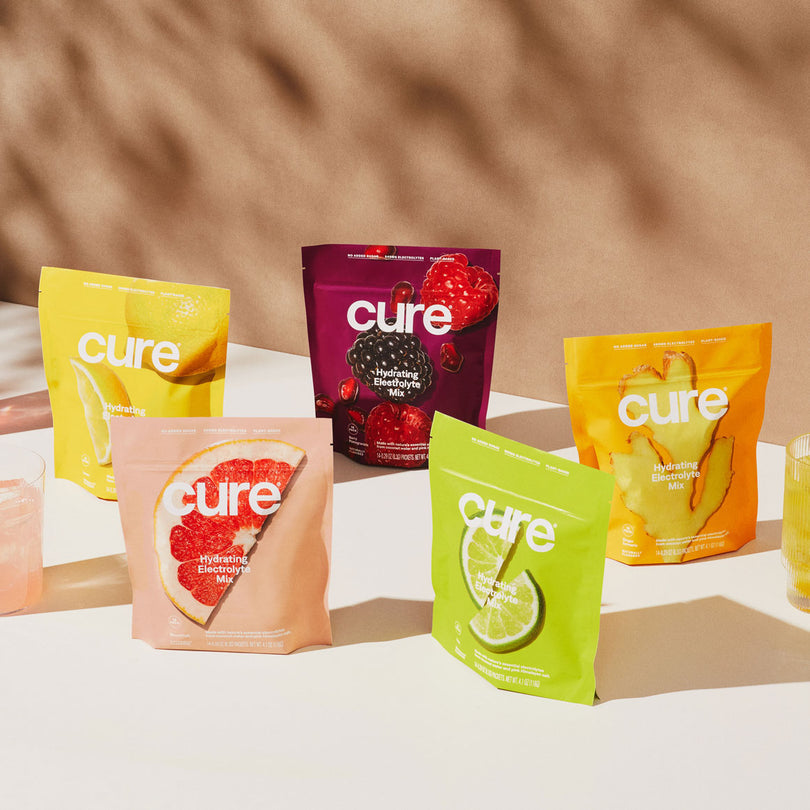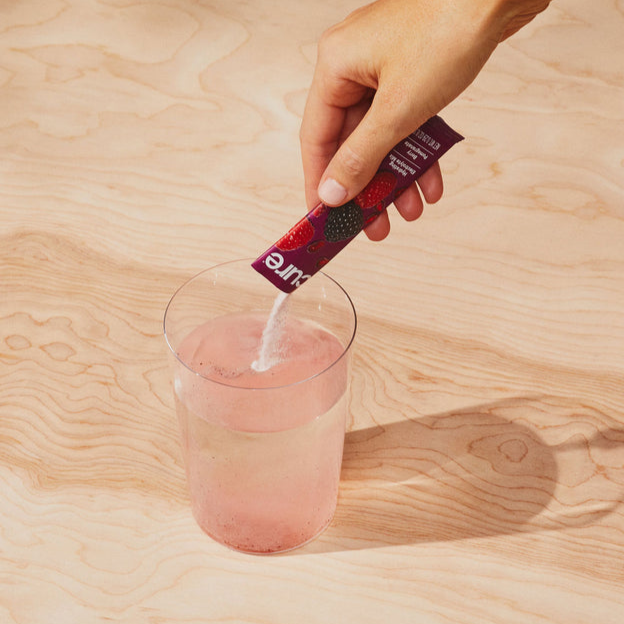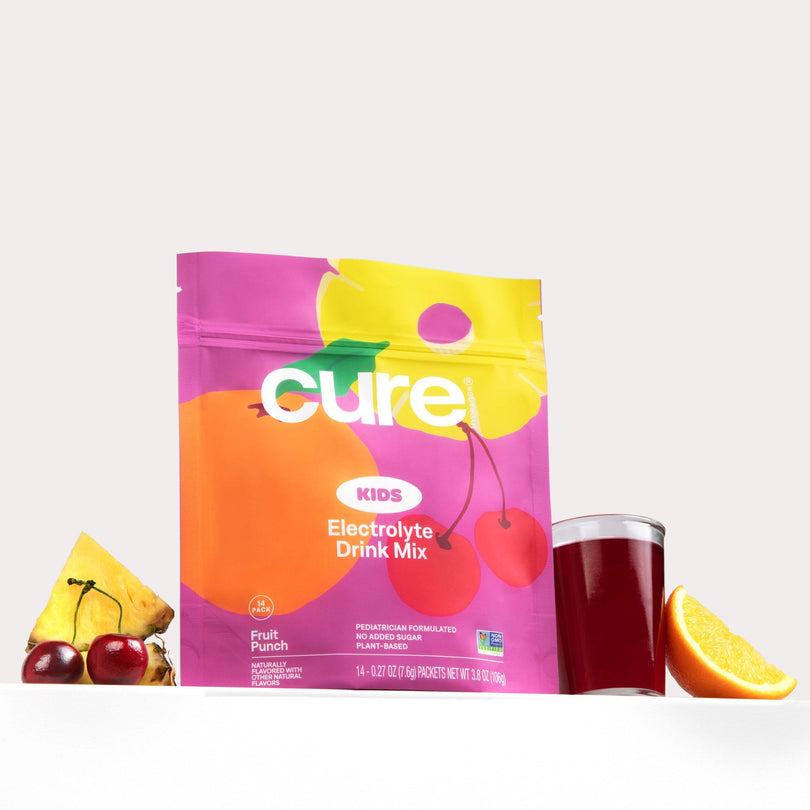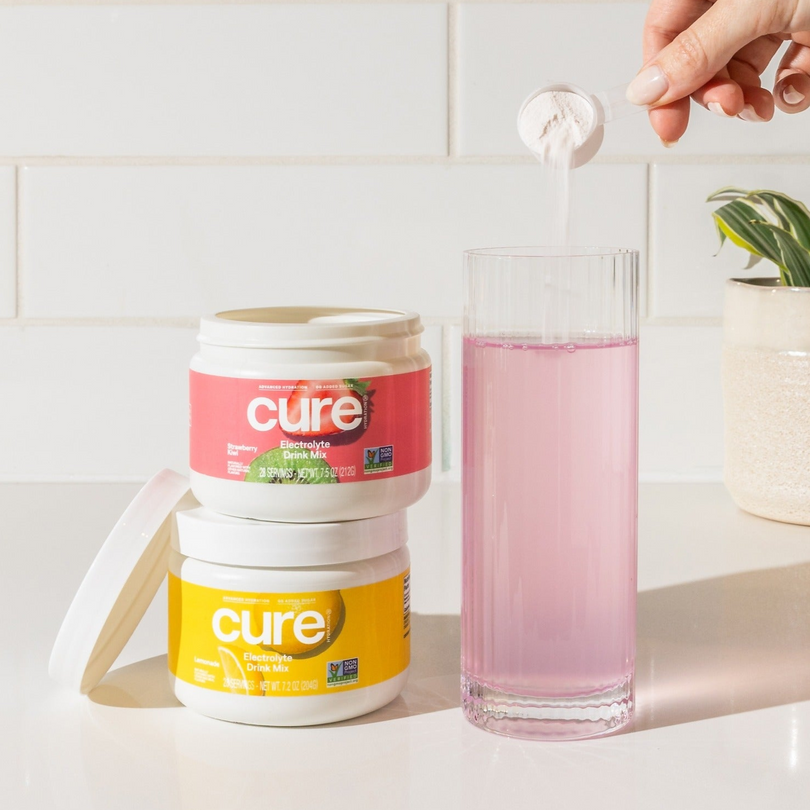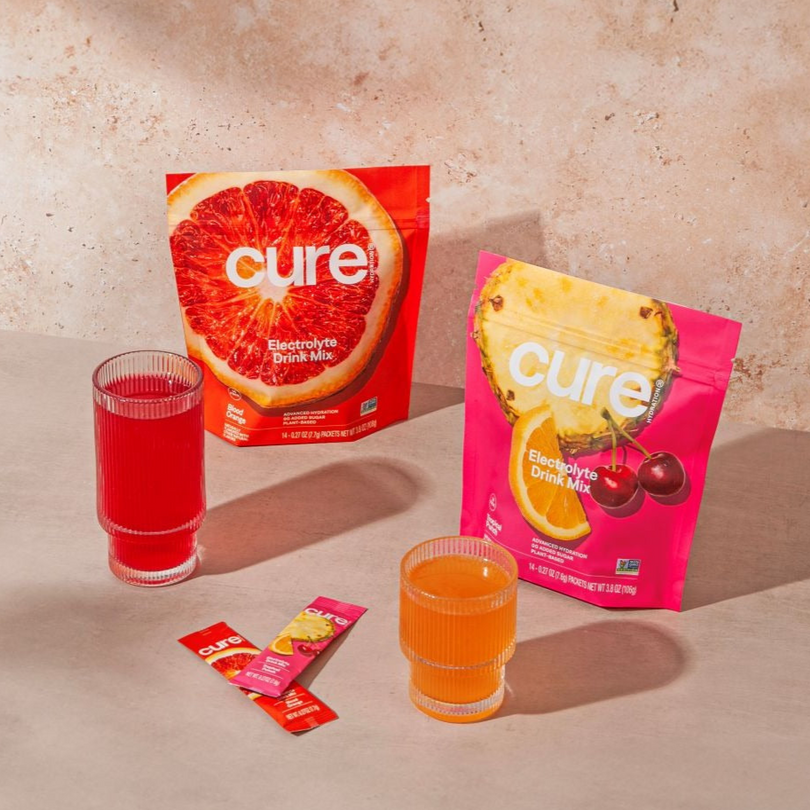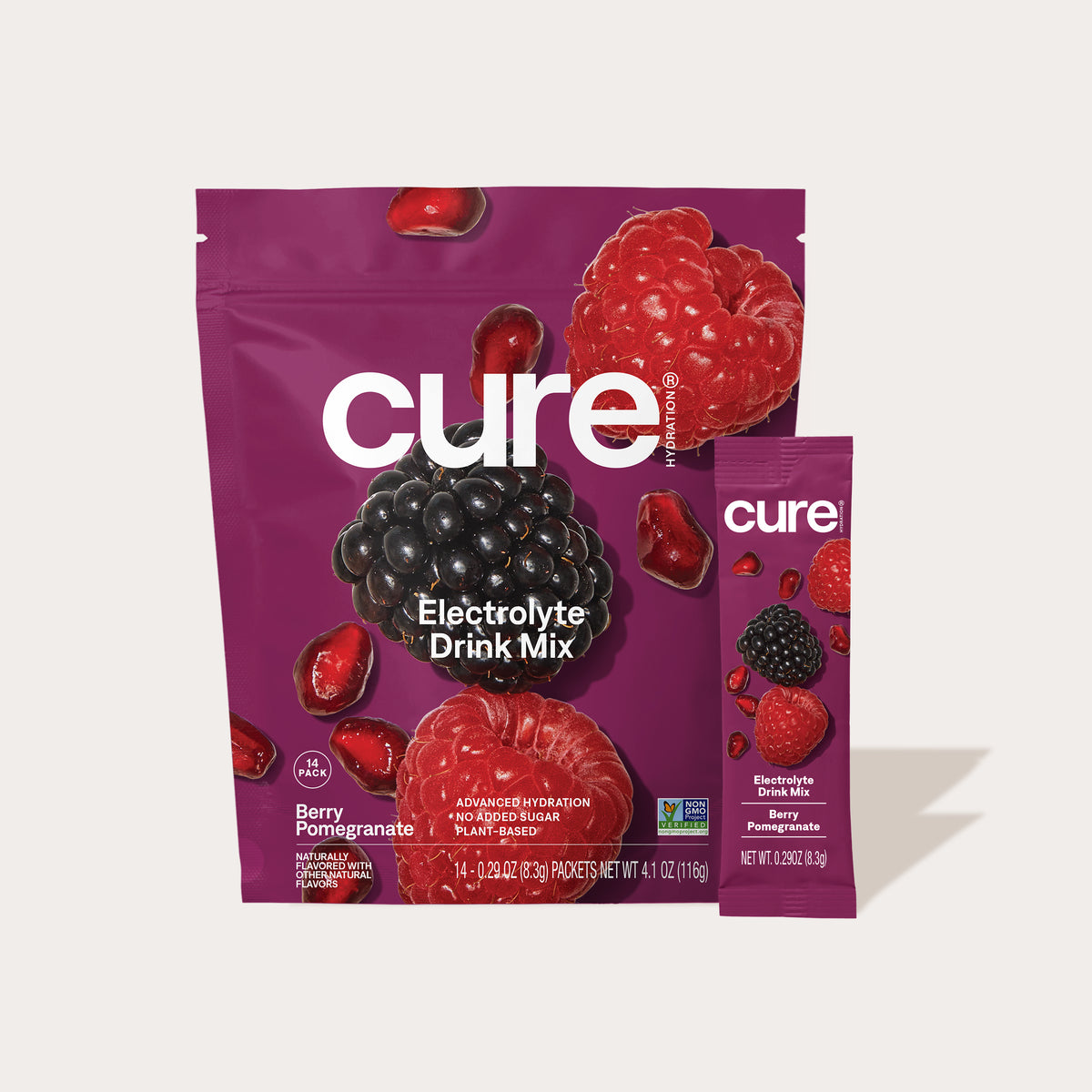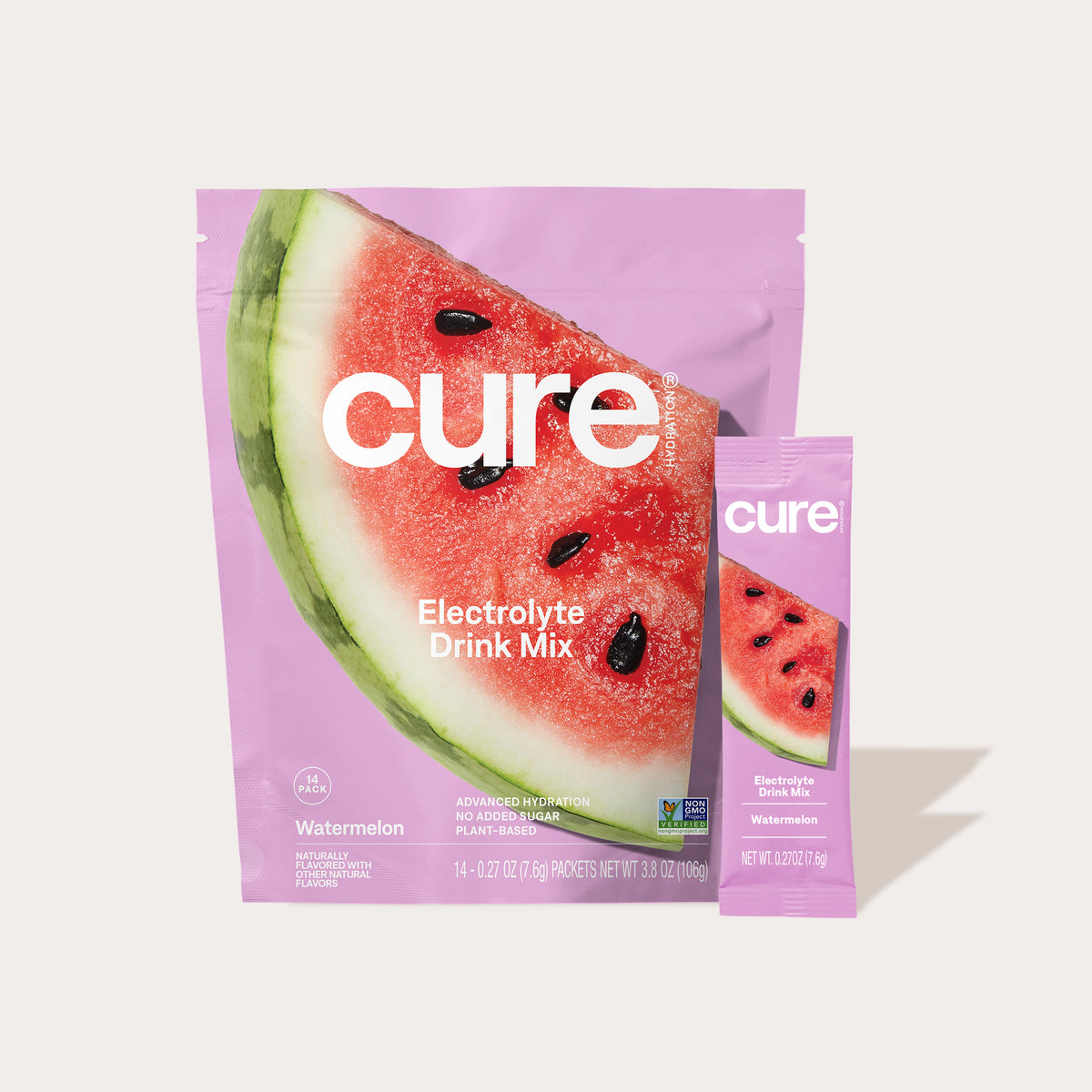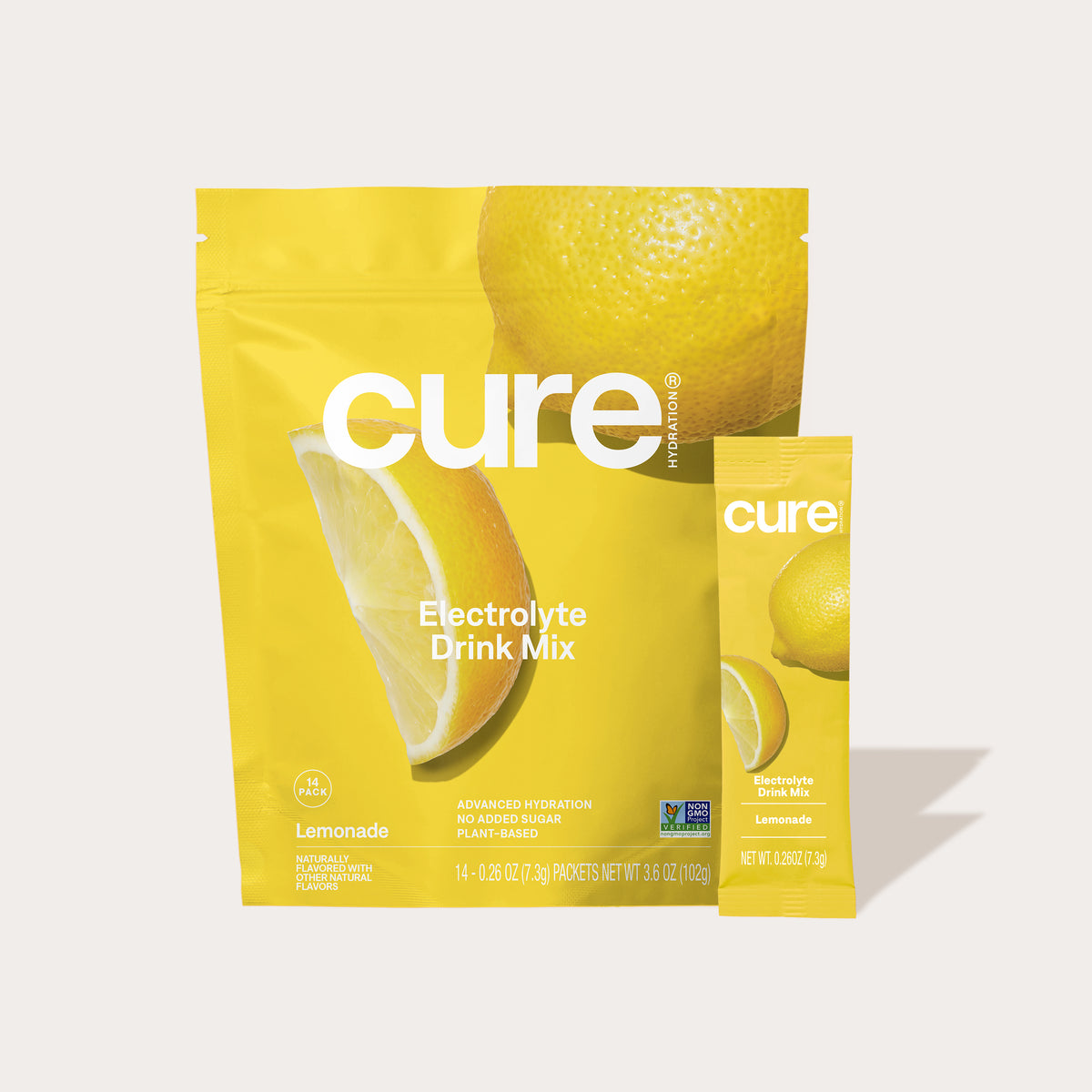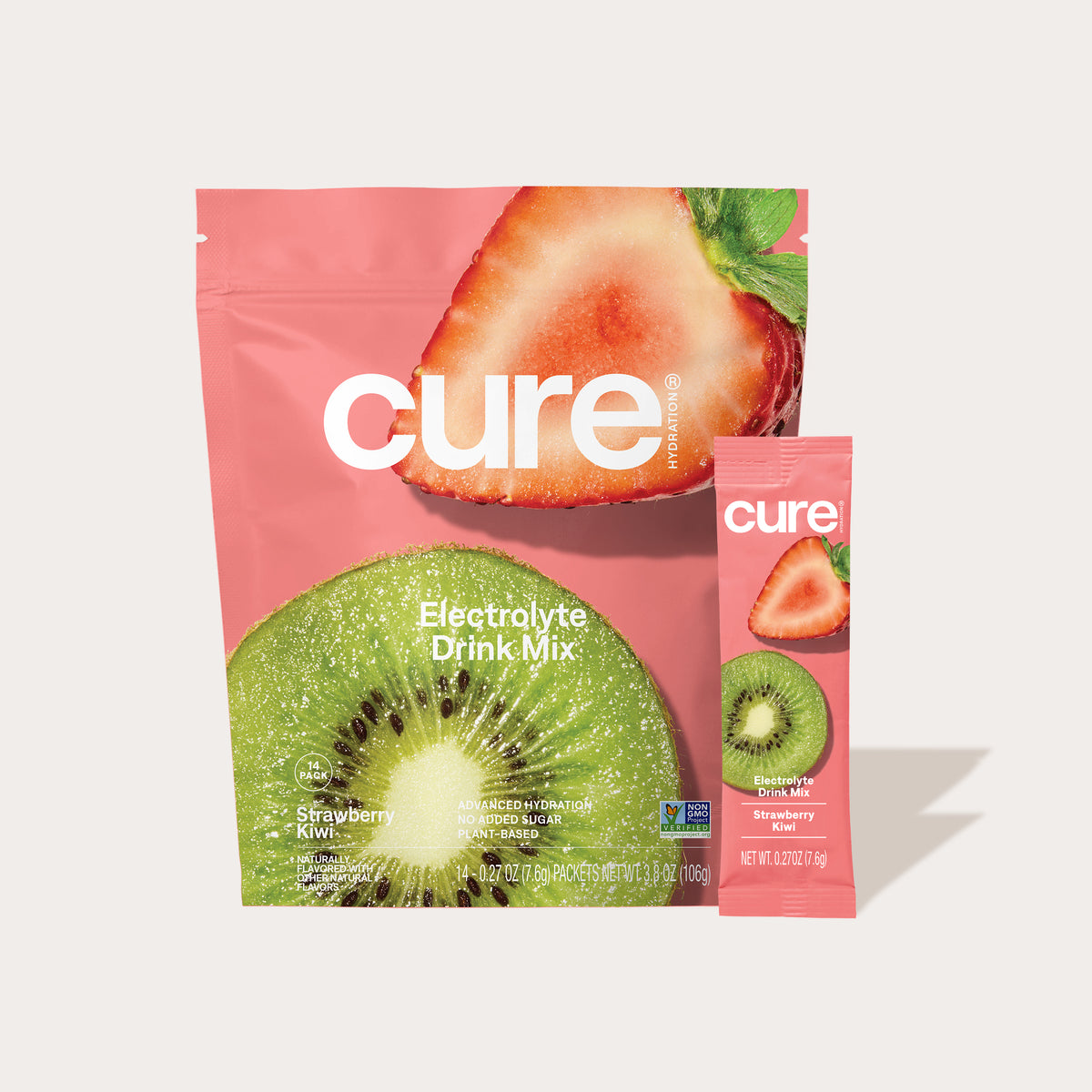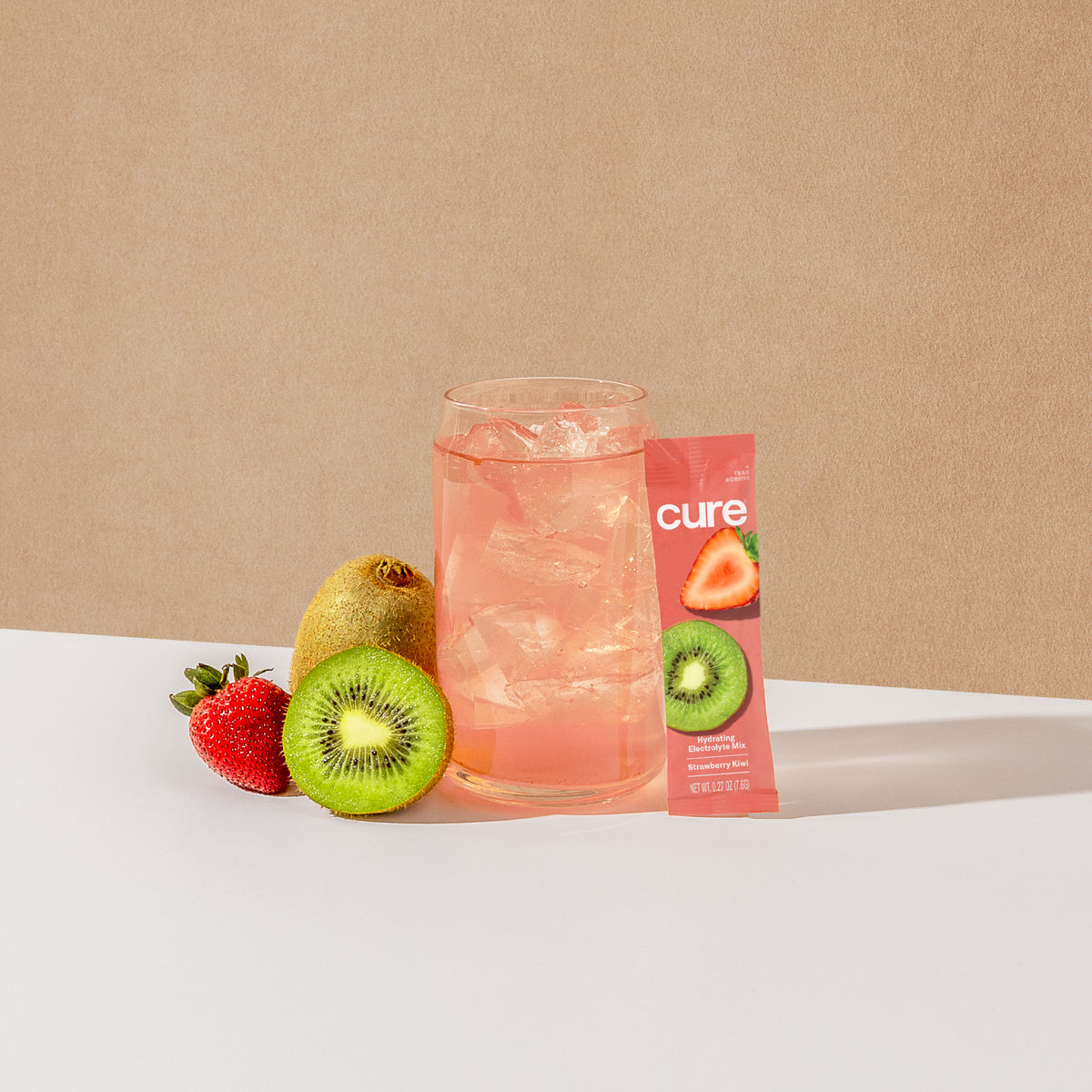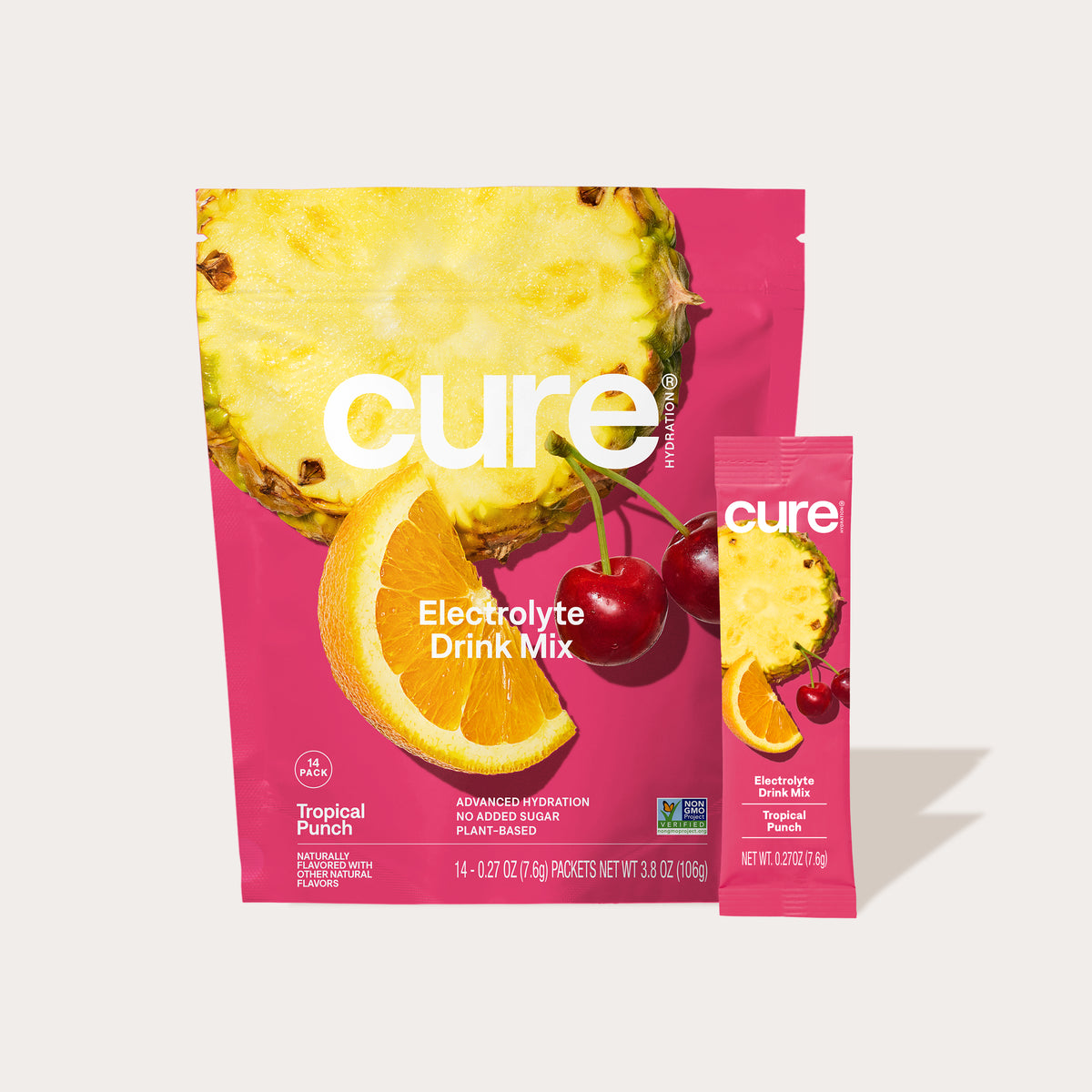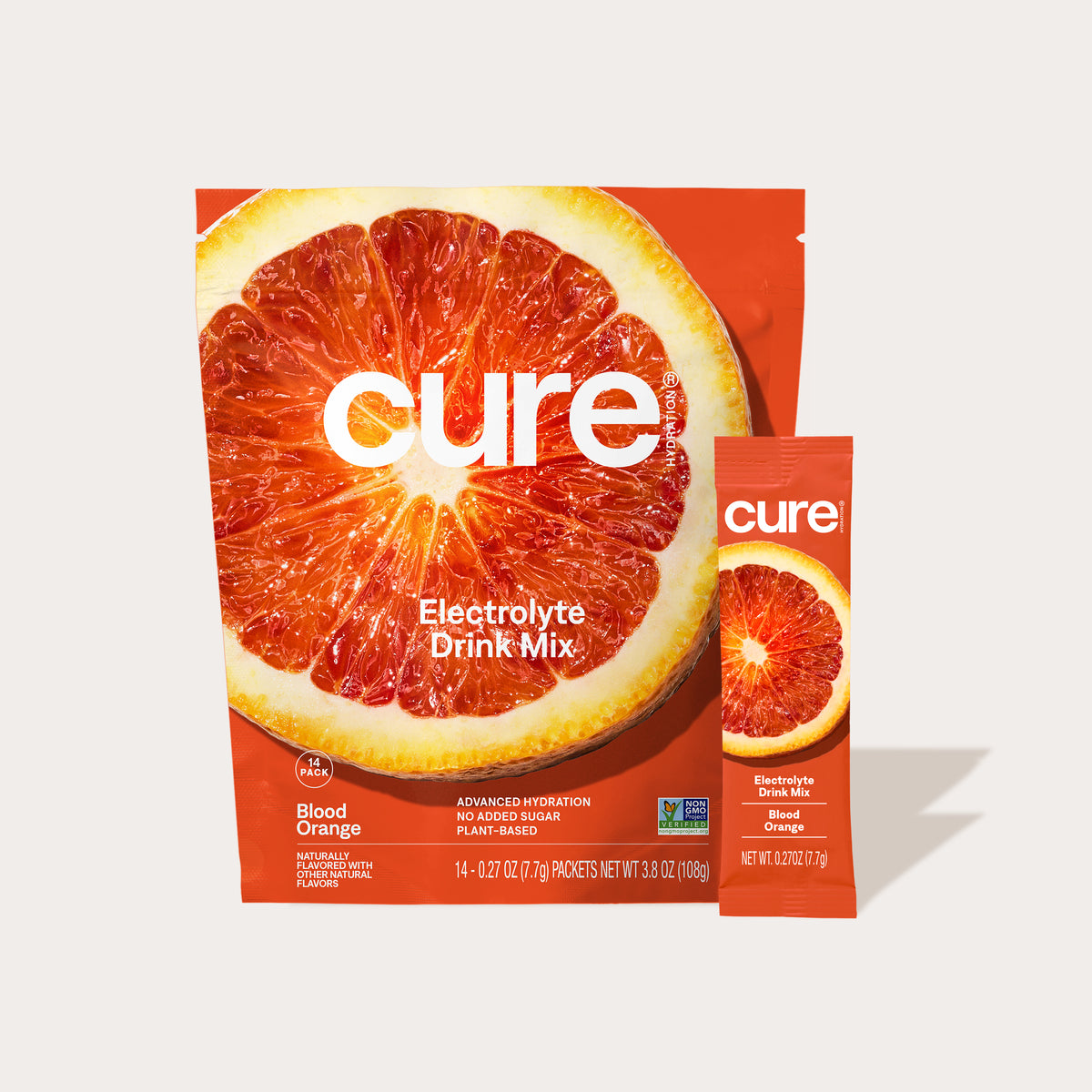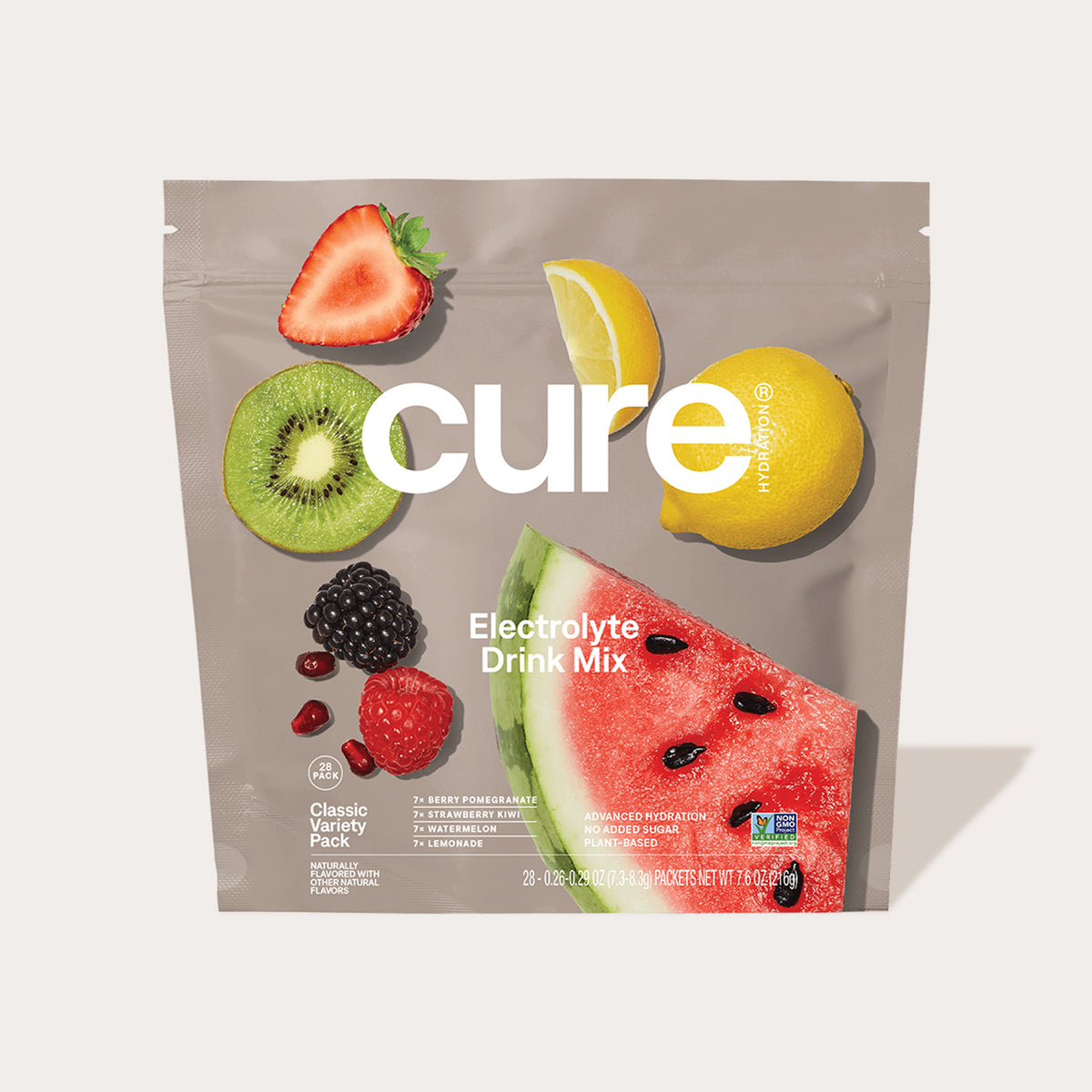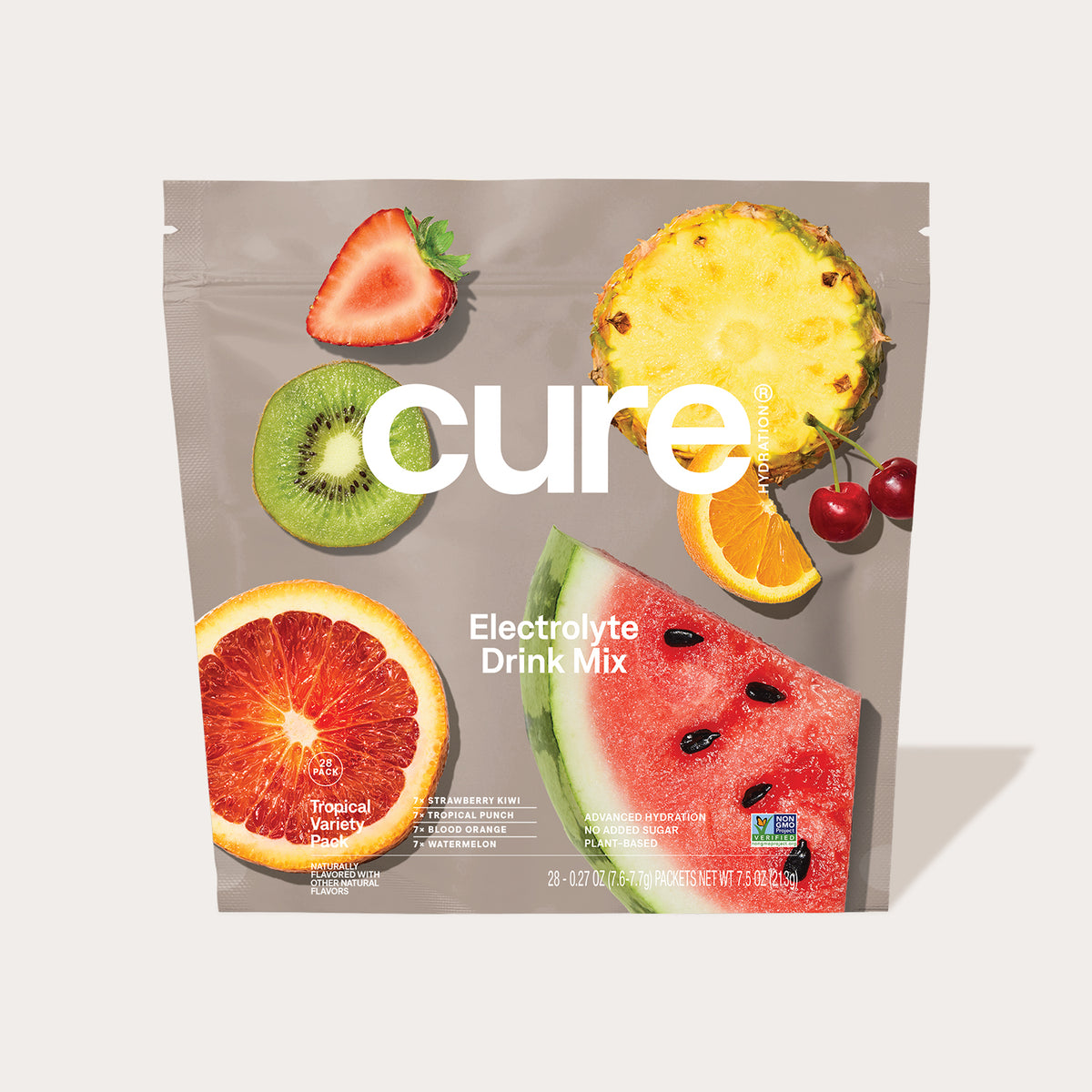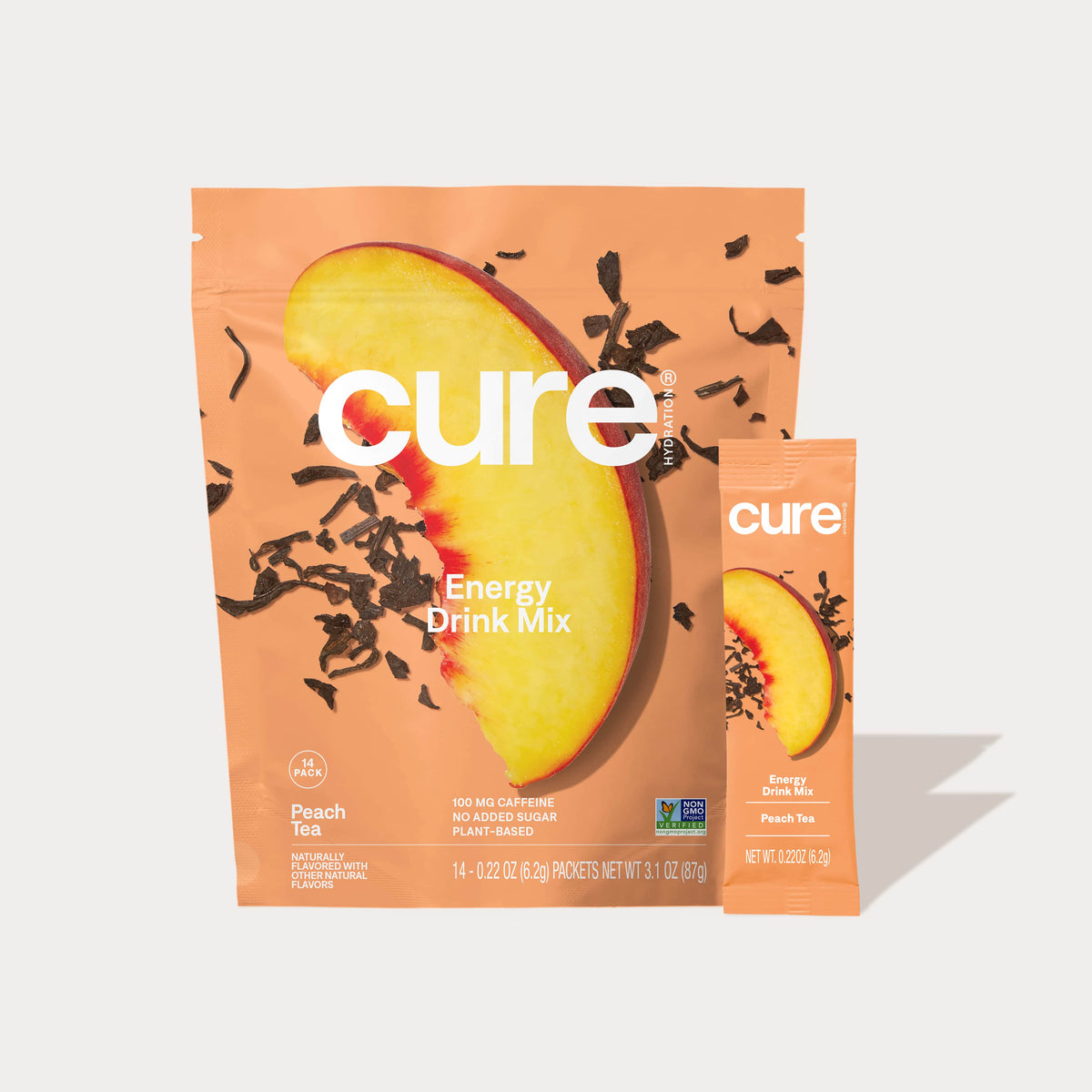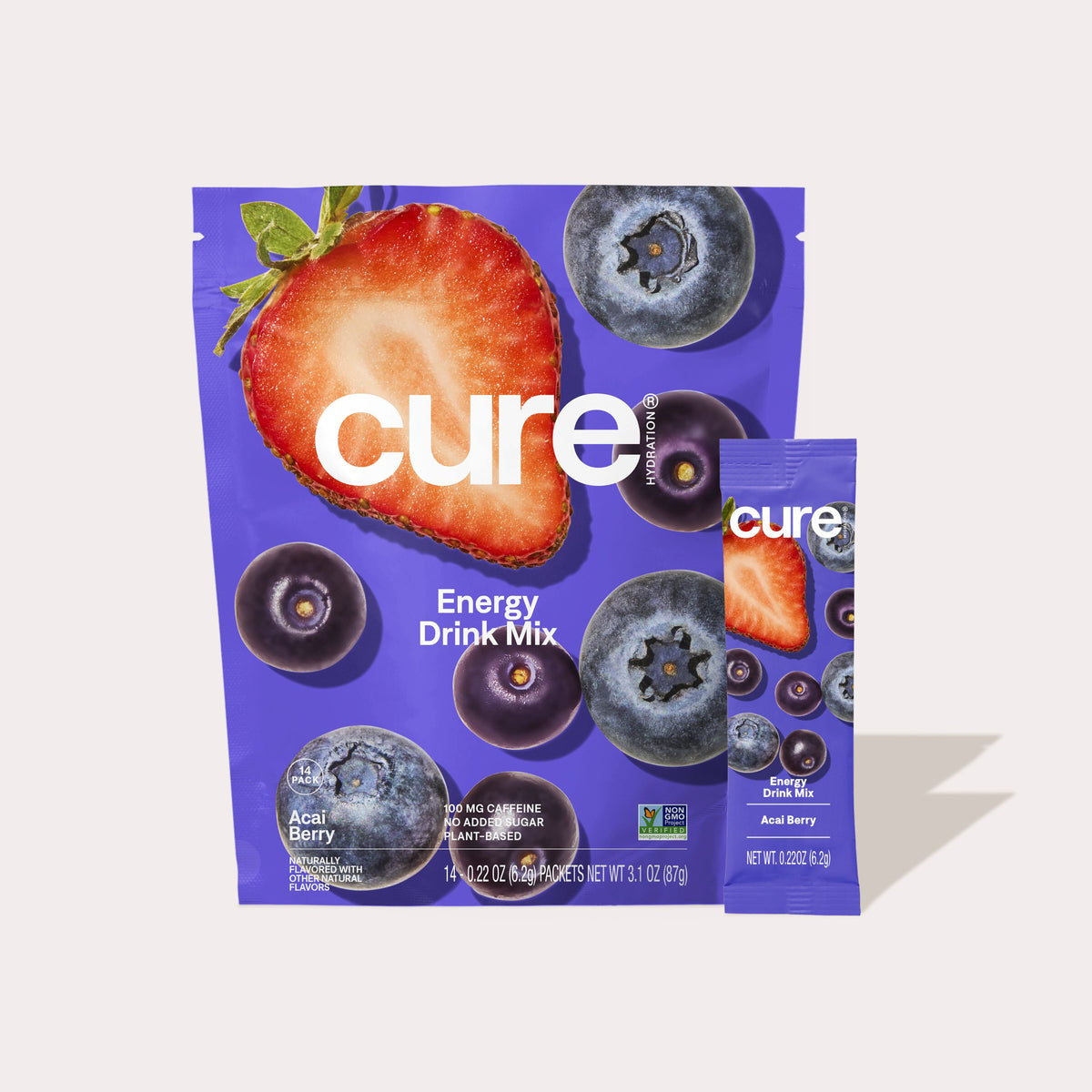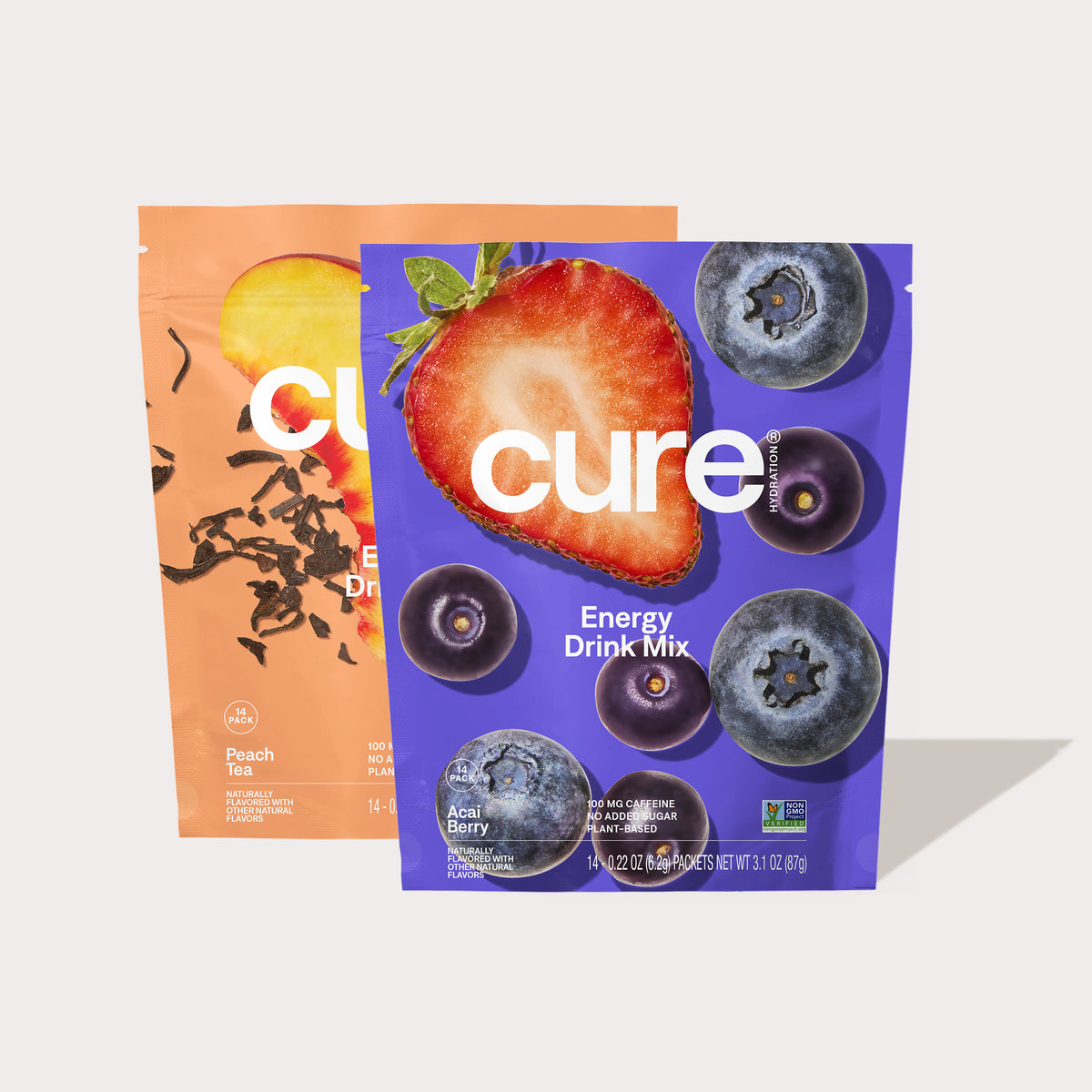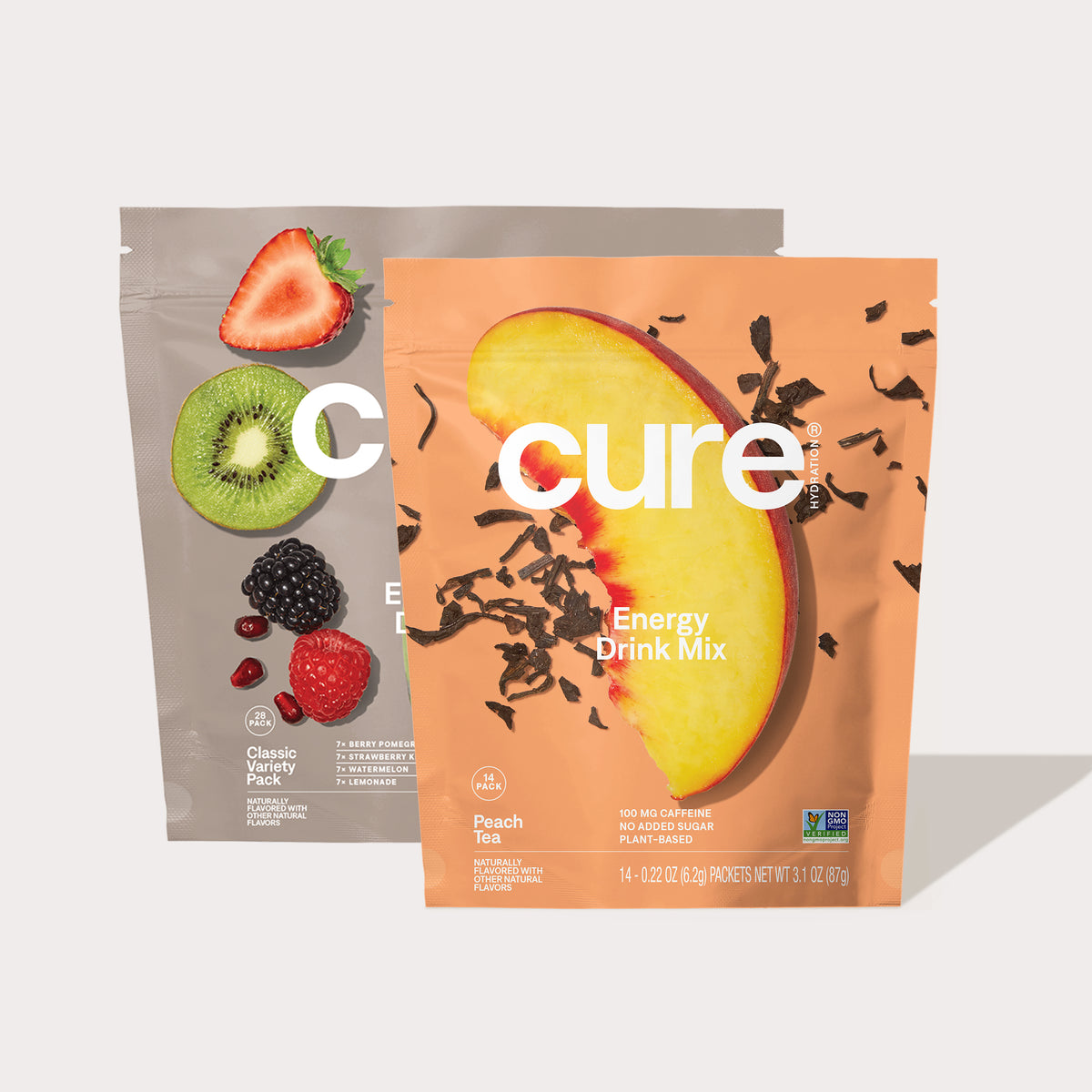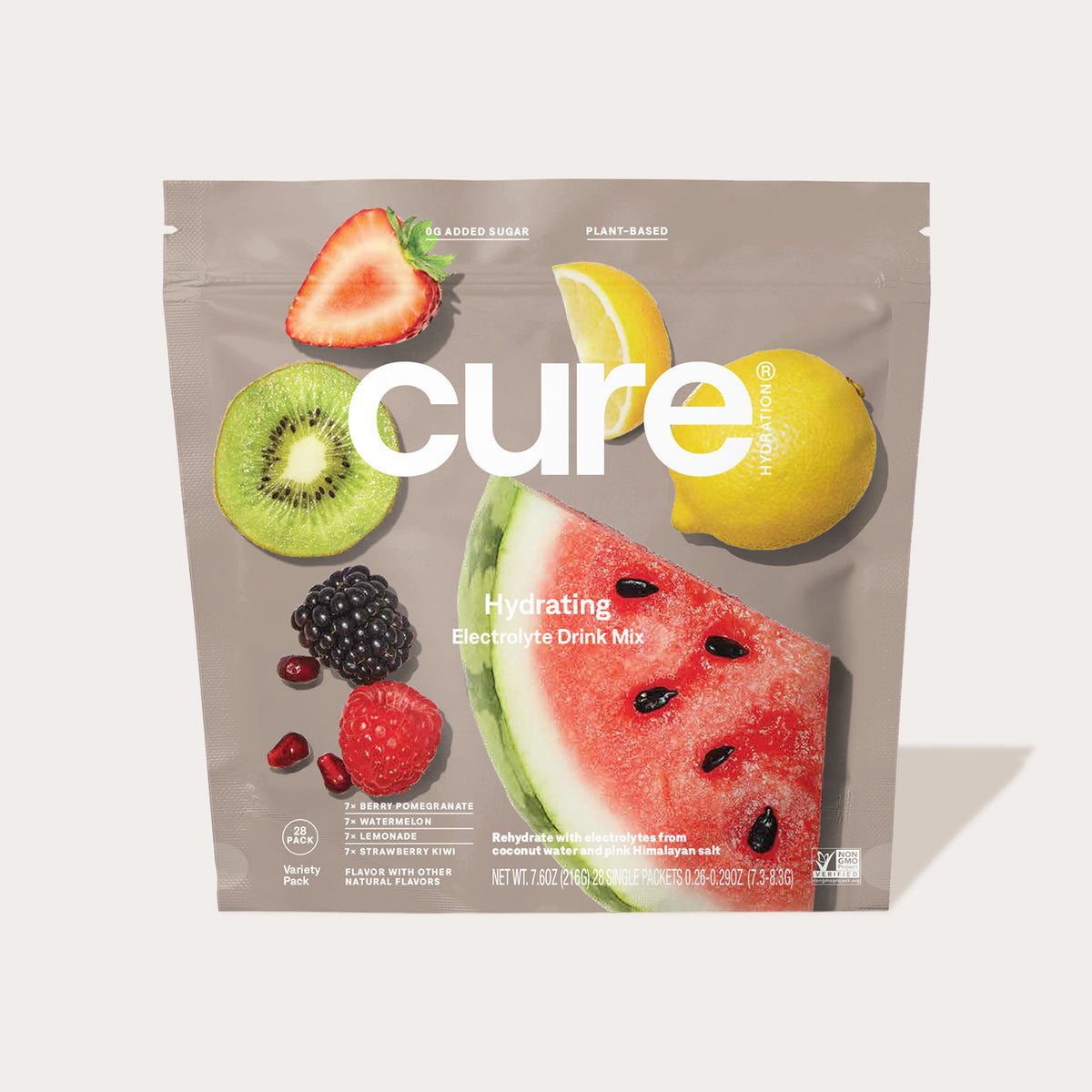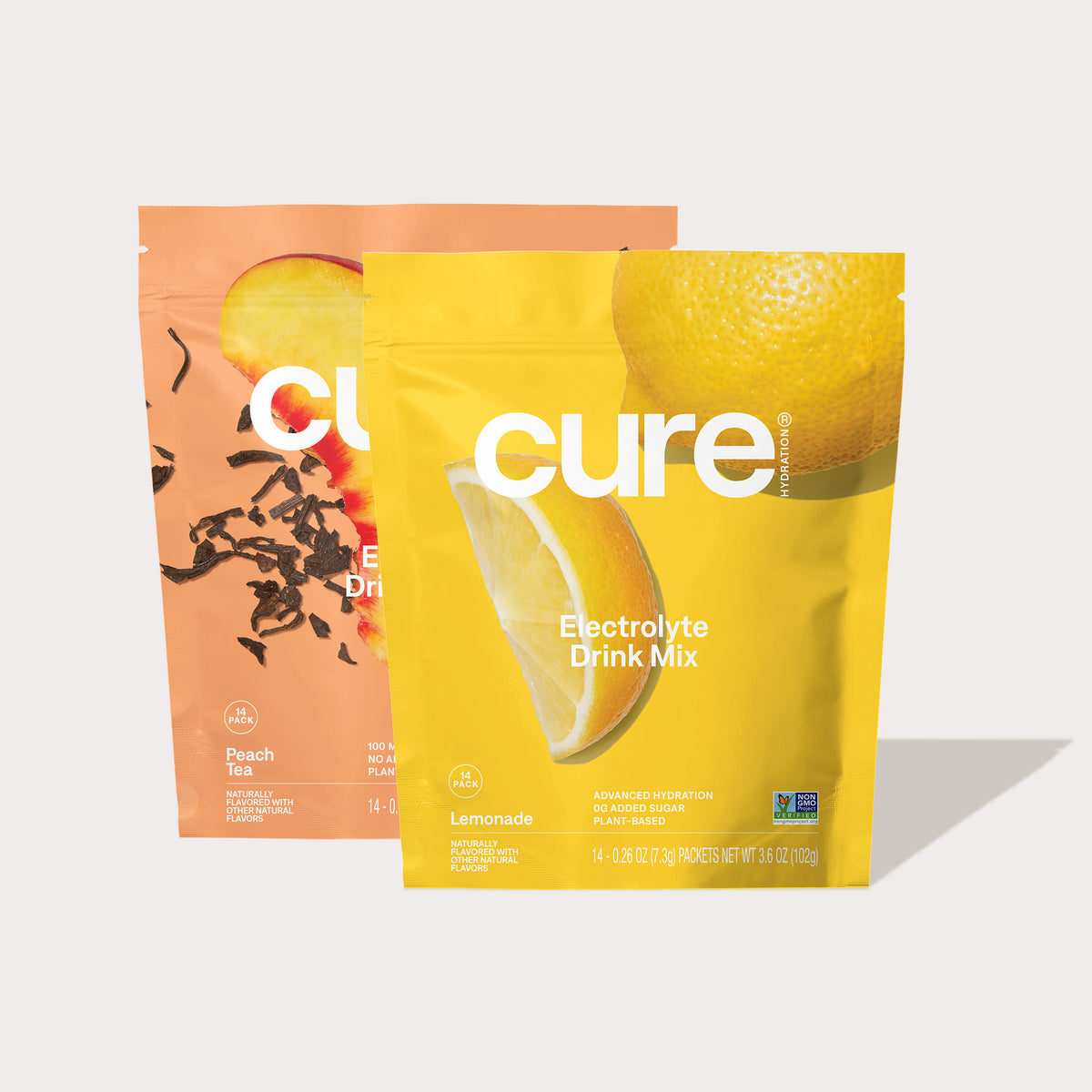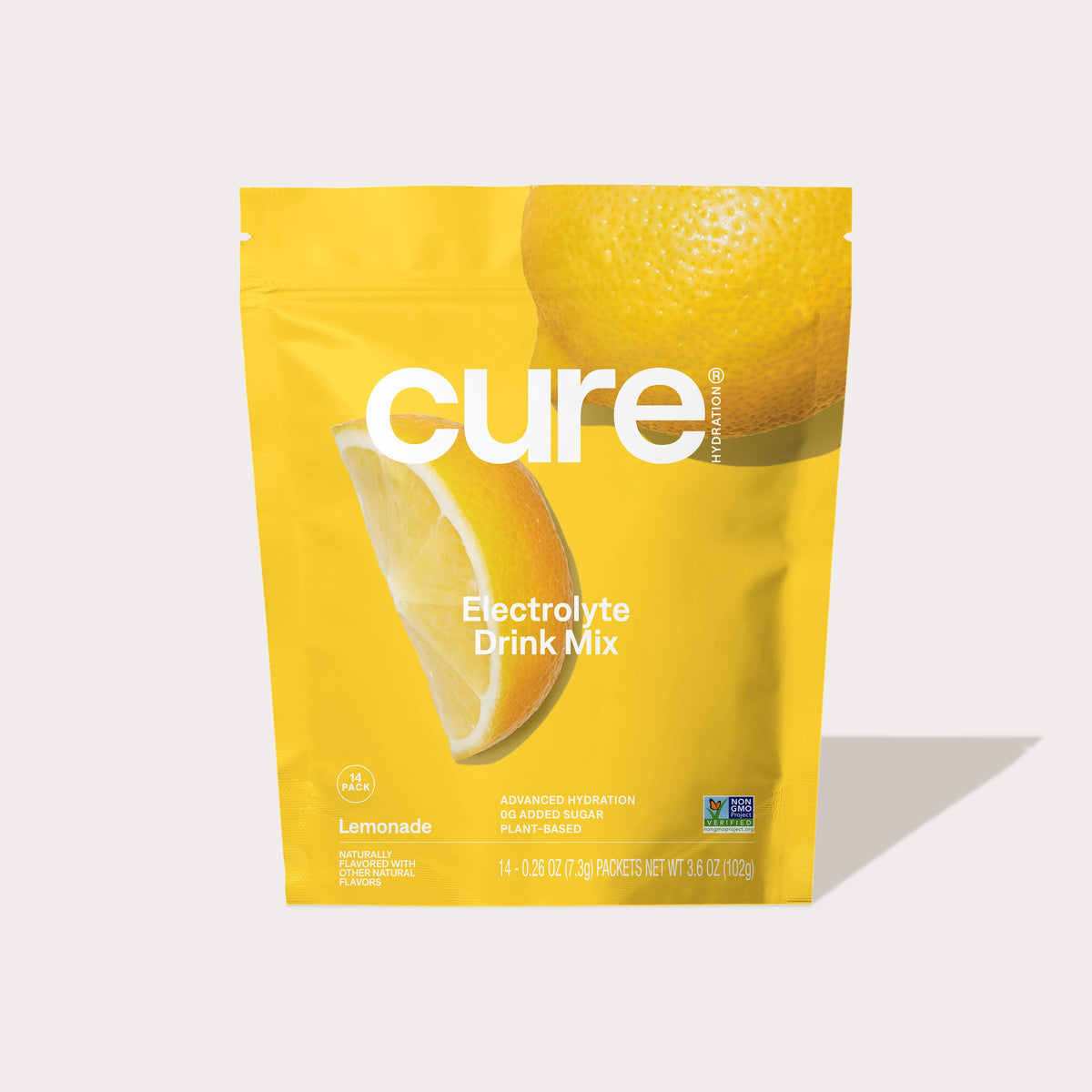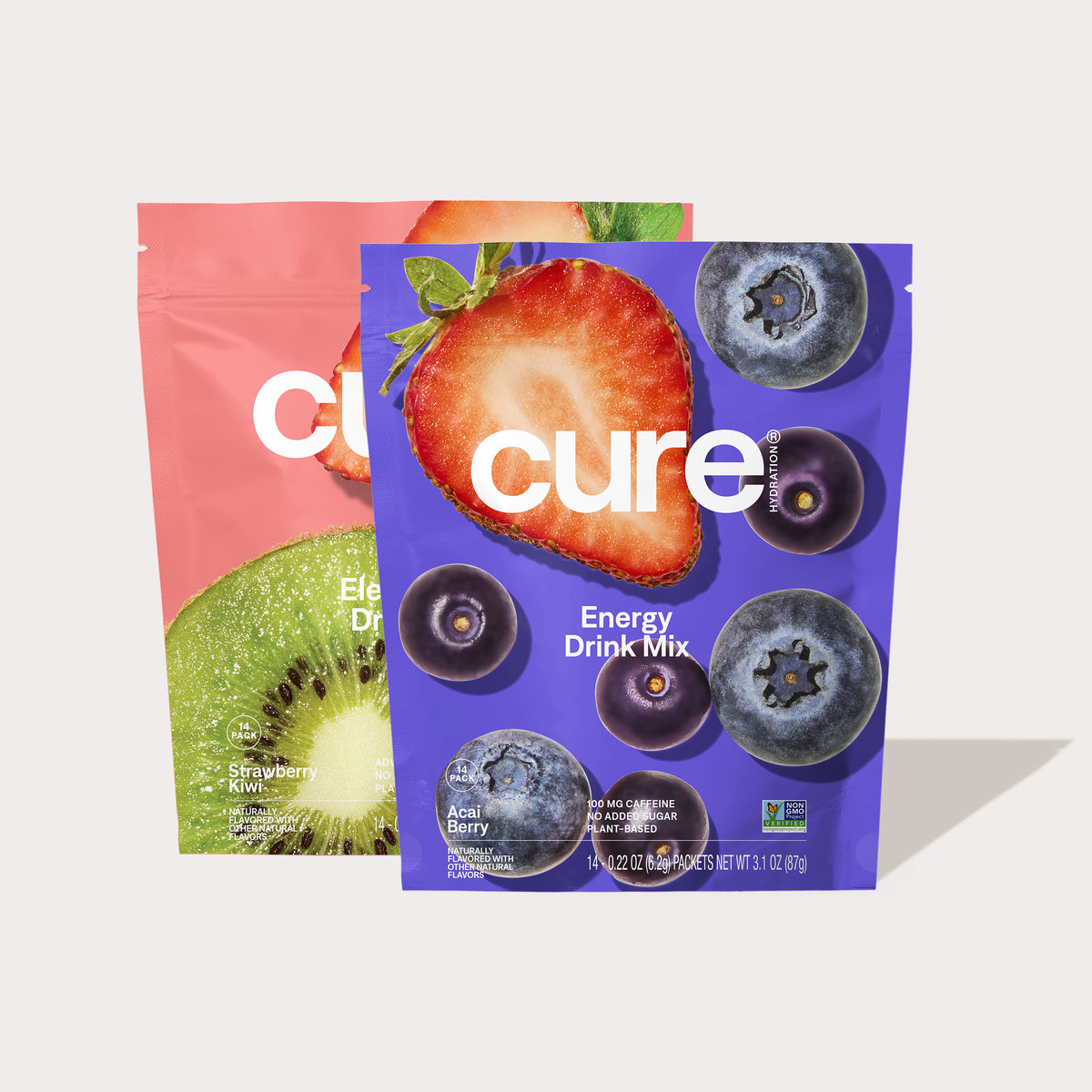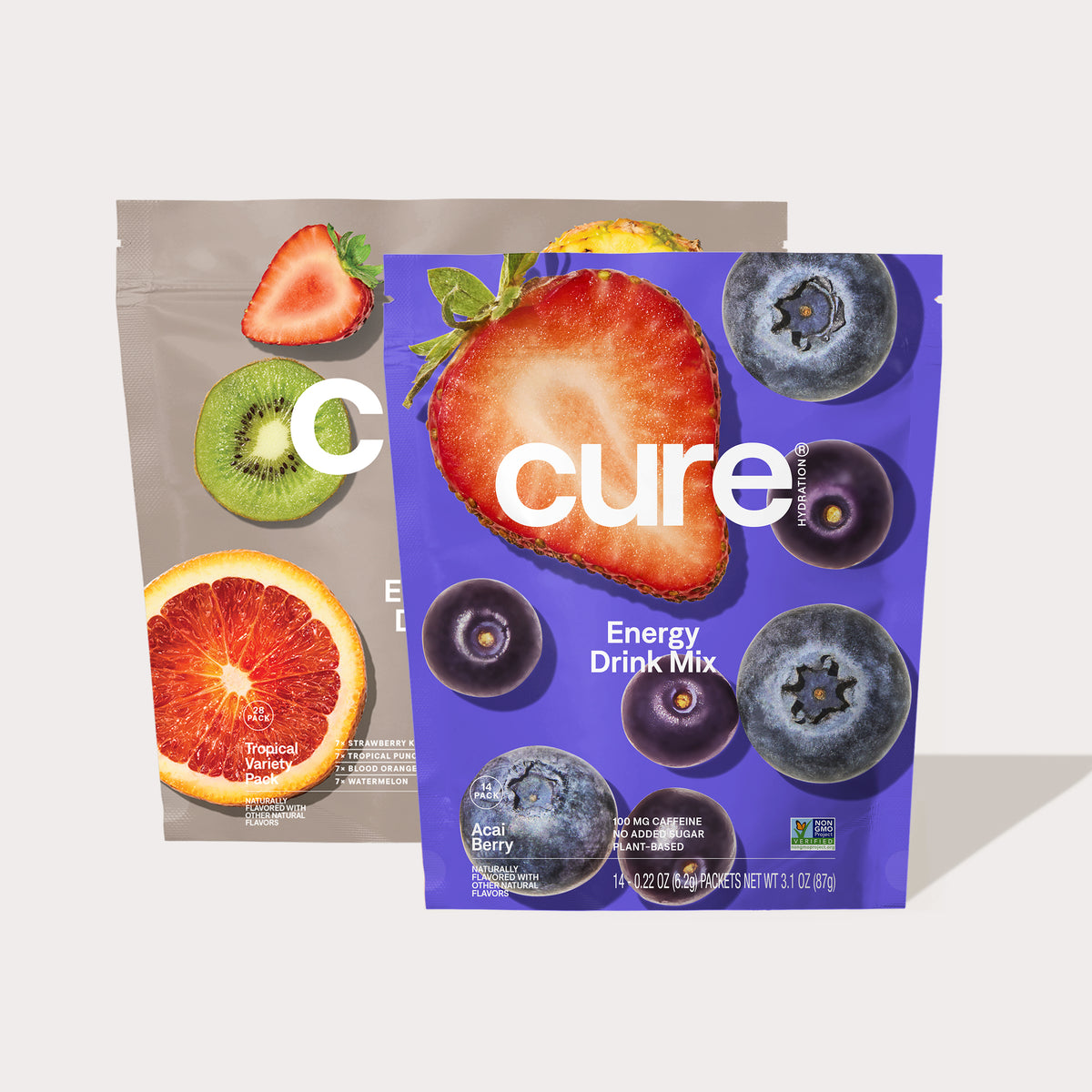Guest Edited by Our Friends at Hilma
When we first heard about Hilma — a female-founded, health-focused brand right here in our hometown of New York City — we had to know more.
Hilma set out to revolutionize the medicine cabinet with healthier pharmacy products. Their approach to health is similar to ours. We both seek to replace sugary, chemical-laden “health” products with better, natural, and more effective alternatives. Plus, they’re science geeks just like us! We both lean on proven science to inform our formulas.
We had the opportunity to (virtually) meet with founders Hilary, Lily, and Nina, and instantly fell in love. Since flu season is around the corner, we teamed up with them to give you the six most essential ways to boost your immune health this winter.
First things first, there’s no such thing as a magic pill.
You might be able to click a button and get an Amazon package 12 hours later, but there is no magic button for your body’s immune health. It requires consistent healthy habits and an integrated approach.
#1 Sleep
Remember sleep? So 2019. But in all seriousness, sleep is the foundation of your immune health. Why? Your immune system protects you by releasing cytokines, which are infection-fighting proteins. They go to work while you sleep, but they’re also created while you sleep. It’s helpful, therefore, to build up an arsenal of cytokines by staying well-rested as often as possible. With consistent sleep, your system is armed and ready in the case an infection arises. Pro-tip: Create pre-sleep rituals like dimming the lights an hour before bed or setting the mood with chill music.
#2 Diet
Not to be confused with dieting or going on a diet, but rather sticking to foods that nourish your body. A nourishing diet starts with foods that are rich in vitamins, minerals, and nutrients. Specifically, foods like fiber-rich plants, fruits, vegetables, and legumes. They’re packed with essential vitamins and minerals like vitamins C and D, zinc, selenium, and iron, each of which store up resilience and immune health.
Processed foods, on the other hand, tend to trigger immune responses. These high-refined carbohydrate, fiber-less foods lack essential nutrients and quickly turn into sugar. This can cause the body to attack itself — leading to pain, inflammation, and chronic illness. Pro-tip: Add kale, lemon, ginger, or broccoli to your grocery list this week.
#3 Stress
In this day and age, it's basically a prerequisite to millennial life to experience bouts of stress and anxiety. But we’re here to help you with that. Think of your immune system as the body’s protective system. When stressed, the immune system senses the body is in danger. During acute stress, which may last only a couple of minutes, blood levels and pro-inflammatory cytokines increase. The immune system quickly corrals certain kinds of cells into the bloodstream to help prepare the body to fight off potential injury or infection.
Chronic stress, which can last from days to years, also increases pro-inflammatory cytokines, but with more significant health consequences. In general, inflammation is your body’s protective response to help start the healing process and get rid of foreign invaders. However, over time, too much inflammation can compromise the entire immune system. Pro-tip: If you’re starting to feel overwhelmed, take 2-3 minutes to do a box breathing exercise.
#4 Exercise
Regular exercise benefits your immune system by promoting good blood circulation. This means the cells and antibodies throughout your body are spread to areas of concern. Exercise has been found to stimulate production of T cells, also known as T lymphocytes. These T cells are an integral part of the adaptive immune system’s function. When a foreign invader causes infection in the body, T cells kill pathogenic host cells while activating other immune cells. Pro-tip: If you don’t have time to exercise on a daily basis, try taking 10 minutes before you break for lunch one day to do an immune-supporting yoga flow.
#5 Supplements
Your immune system needs balanced levels of certain proteins, like those found in Vitamins A, C, and D, in order to function at its most powerful capacity. Vitamins have been shown to benefit your immune response (the trigger that flags when you have encountered an infection) by proliferating antibodies throughout your systems. Without enough of the right vitamins, your immune system does not have what it needs to sound the alarm. Pro-tip: Integrate Hilma’s Immune Support into your daily routine!
#6 Hydration
This one comes as no surprise to us, but your immune system requires hydration to function. Here’s why: the nutrients you feed into your bloodstream via healthy eating and supplements can’t get from point A to point B without water, their primary vehicle. The bloodstream is made mostly of water, so proper hydration enables the transportation of nutrients throughout the body. Hydration also helps detoxification, meaning clearing out foreign invaders and other stuff your body needs to get rid of to stay healthy. Pro-tip: Add one stick of Cure to your morning water glass.
Sources:
- Harvard Medical School Division of Sleep
- National Center for Biotechnology Information: “Current Directions in Stress and Human Immune Function”
- National Center for Biotechnology Information: “Vitamin effects on the immune system: vitamins A and D take centre stage”
- Harvard School of Public Health
- US National Library of Medicine
- UC Irvine Health Institute

